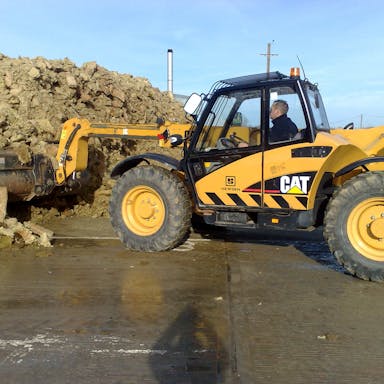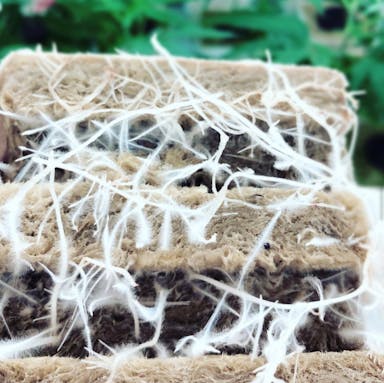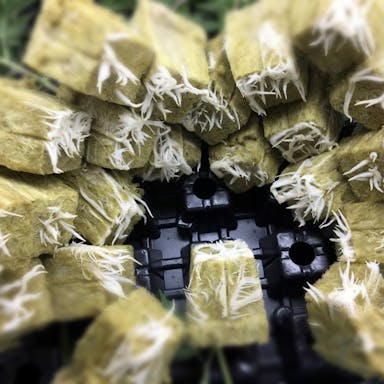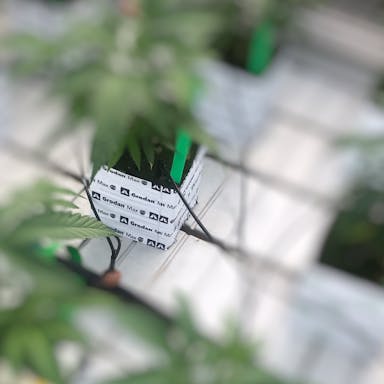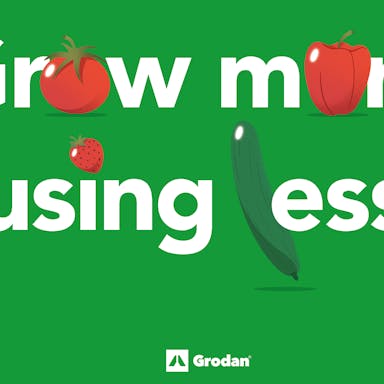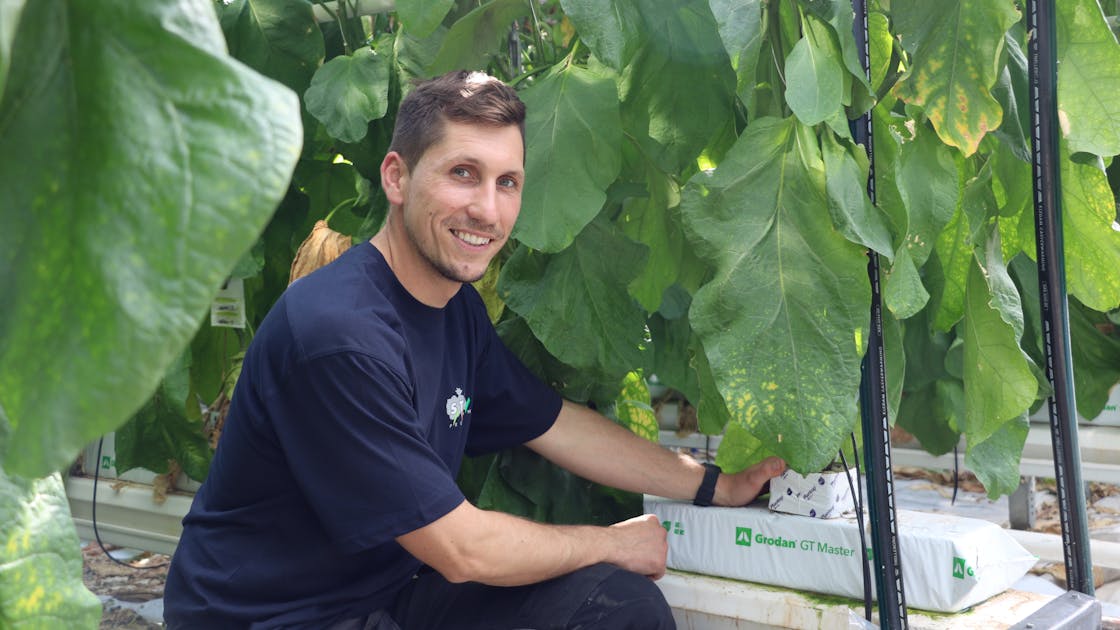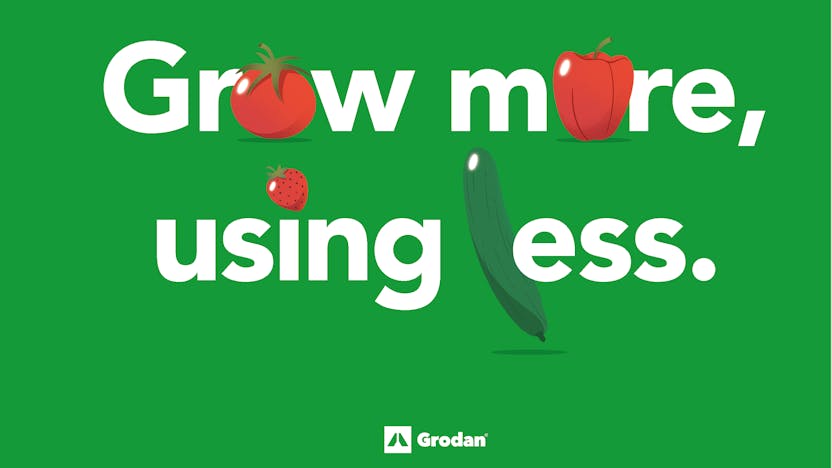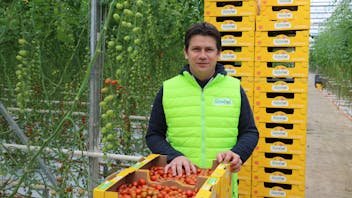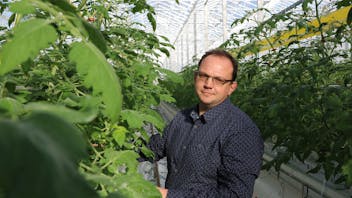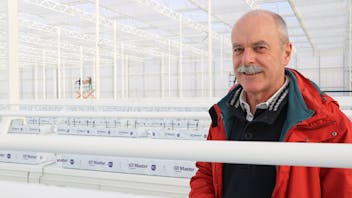Julien Stoll has been cultivation manager in the family business since 2007. Founded in 1982 by his father and uncle, the Stoll company is located in Yverdon-les-Bains, Switzerland. A major player in the supply of vegetables to the Swiss market, the Stoll group now has 400 hectares of production, including 300 hectares of horticulture, 10 hectares of cold greenhouses and 13.2 hectares of heated greenhouses. It comprises Stoll Production SA and Stoll Frères SA, which are responsible for marketing. In addition to its own products, the company also sells vegetables from partner growers, as well as a number of imported products.
A forerunner in soilless farming in Switzerland, Stoll opted from the outset for a stone wool substrate. "Under pressure from retailers, who in the 90s were critical of soil-less cultivation, we switched to coco to make it easier to justify a natural image," explains Julien Stoll. "But in 2012, following problems with iron assimilation, and with the aim of moving rapidly towards 100% recycling of the Nutrient solution, it seemed technically more reasonable to us to go back to stone wool. Today, the debate on soil-less farming is still a passionate one, but attitudes have changed and this method of production has strong points that are capable of convincing on issues such as energy, water and, more generally, the preservation of natural resources. Stone wool makes it possible to manage the plant more precisely, leading in particular to greater energy efficiency," adds Julien Stoll, who is aiming to achieve the CO2-neutral target imposed by his customers very quickly.
The deadline is 2022 for Coop and 2025 for Migros. For Stoll, the stakes are high, as the company is the city's biggest gas consumer. Various options have been considered: relocating production to be closer to a source of energy, installing solar panels, a wind power project, etc. For a variety of reasons, none of these projects convinced Stoll's management, who are now opting to use geothermal energy, with a borehole 1,800 metres deep and water at 50°C. The project covers 8 hectares of Greenhouses and has a budget of 13 million Swiss francs. The idea was not just to find an energy source, but also to defend the project by demonstrating that this energy was being used to best effect. Grodan's arguments on the performance of stone wool are very useful in supporting the project with politicians", stresses Julien Stoll, who is himself convinced of the ecological benefits of stone wool substrates, pointing out that its daily water consumption is no more than 10 litres/m², compared with 16 litres for coco, and that better management of the root system, combined with better climate management, means that less fungicides are needed, even though market demand means that we have to go back to more sensitive varieties.
After using Grotop Master slabs for several years, Stoll has gradually adopted Prestige slabs, which are now available in 10 cm heights and are perfectly suited to the needs of tomato farming and cucumber growing, while also being more competitive. Only the eggplant growing crops are still grown on Grotop Master to benefit from greater responsiveness. The company has recently equipped itself with the GroSens measurement system, an easy-to-use tool for better monitoring of cultivation parameters. "Tools like GroSens and Grodan's advice are great support for the cultivation manager. We can imagine that, in the short term, technological developments will make it possible to automate the work of the cultivation manager, well before the robotisation of tomato harvesting. Of course, someone will still have to make the decisions, but things are moving fast," adds Julien Stoll, who recognises the value of the technical support and advice provided by Grodan. "Openness and exchange are a great asset. That's why it's particularly painful for me today to have to refuse access to my greenhouses to outsiders because of the high risk of viruses spreading. We urgently need to find solutions. Perhaps new technologies will help. Imagine virtual tours. Although I think it's important to keep in touch with cultivation. That's what makes our job so fascinating."
